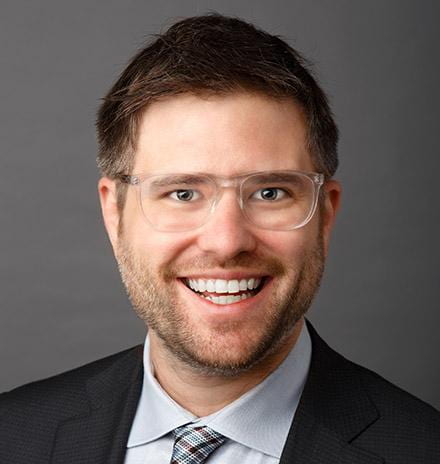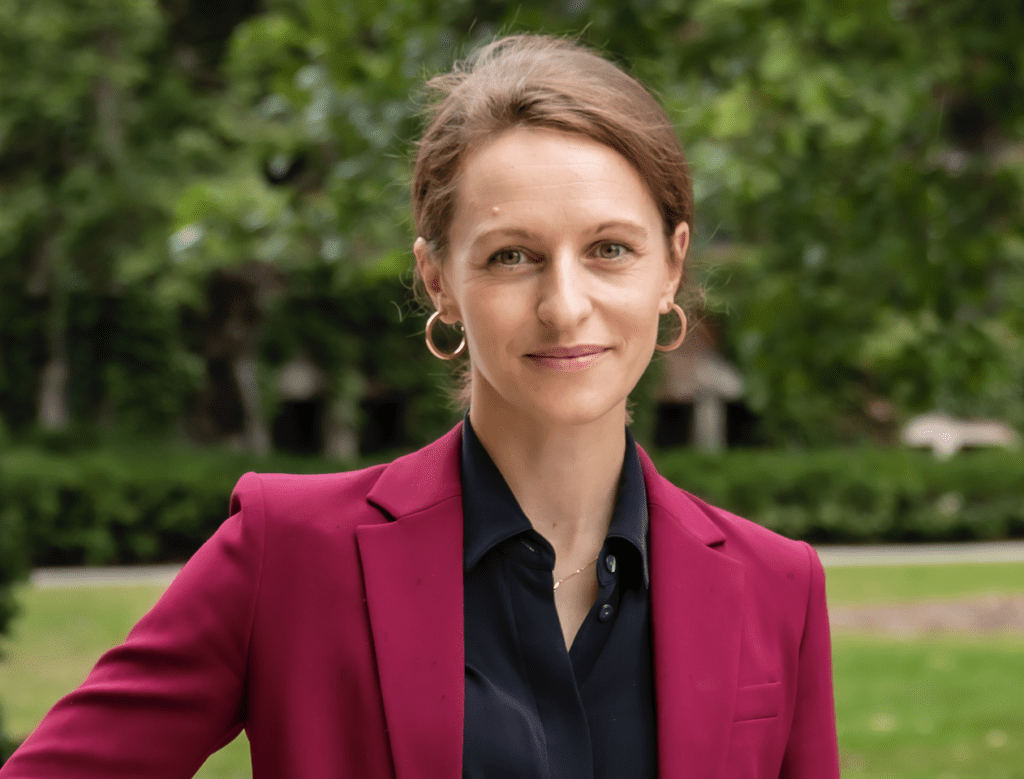
Date: November 16th, 2023 (12:30 pm – 1:30 pm)
Speaker: Marina Agranov
Paper Title: “Disentangling Suboptimal Updating: Complexity, Structure, and Sequencing”
Abstract: We study underlying reasons for the failure of individuals to adhere to Bayes’ rule and decompose this departure into three elements: (i) task complexity, (ii) information structure, and (iii) timing of information release. In a series of controlled experiments, we systematically alter all three elements and quantify their magnitude. We address task complexity by introducing a novel connection to nonlinear calculations required for Bayesian updating. We experimentally explore this link and find empirical support for it.
Bio: Marina Agranov is an experimental economist specializing in theory-based experiments. Marina’s recent work includes bargaining games, social learning environments, games on networks, agency problems, auctions, and individual decision-making under risk. Marina is a Full Professor of Economics at Caltech, the Research Associate at the National Bureau of Economic Research (NBER), and the Director of the Center for Theoretical and Experimental Social Sciences at Caltech (CTESS).








